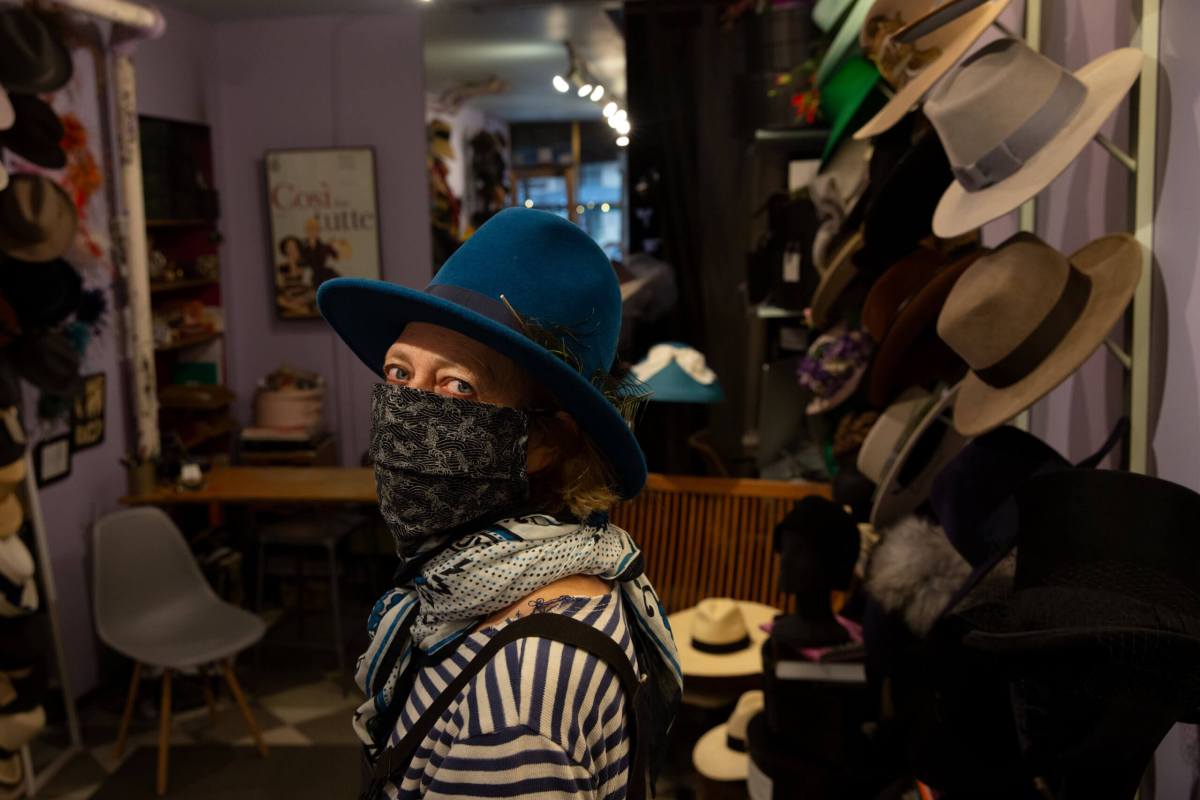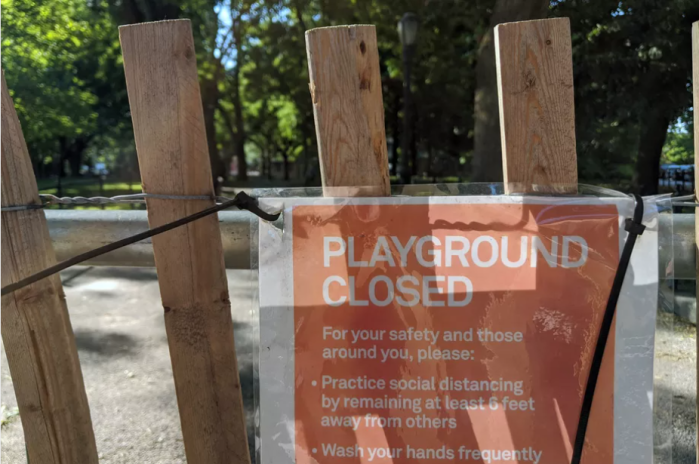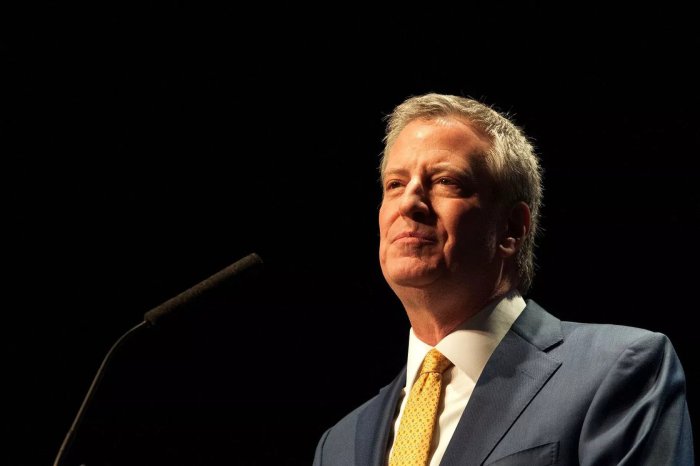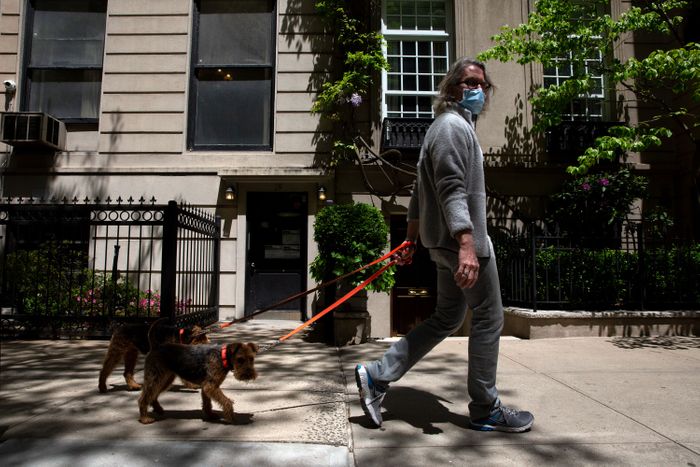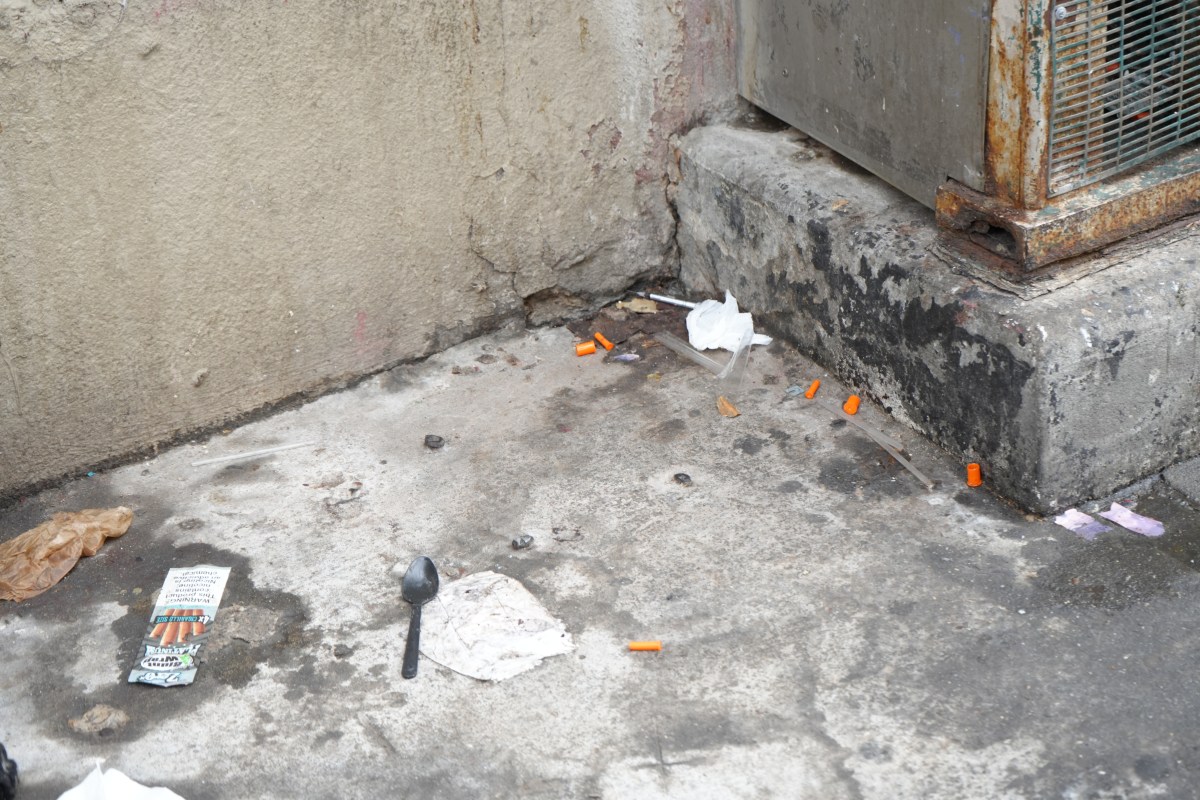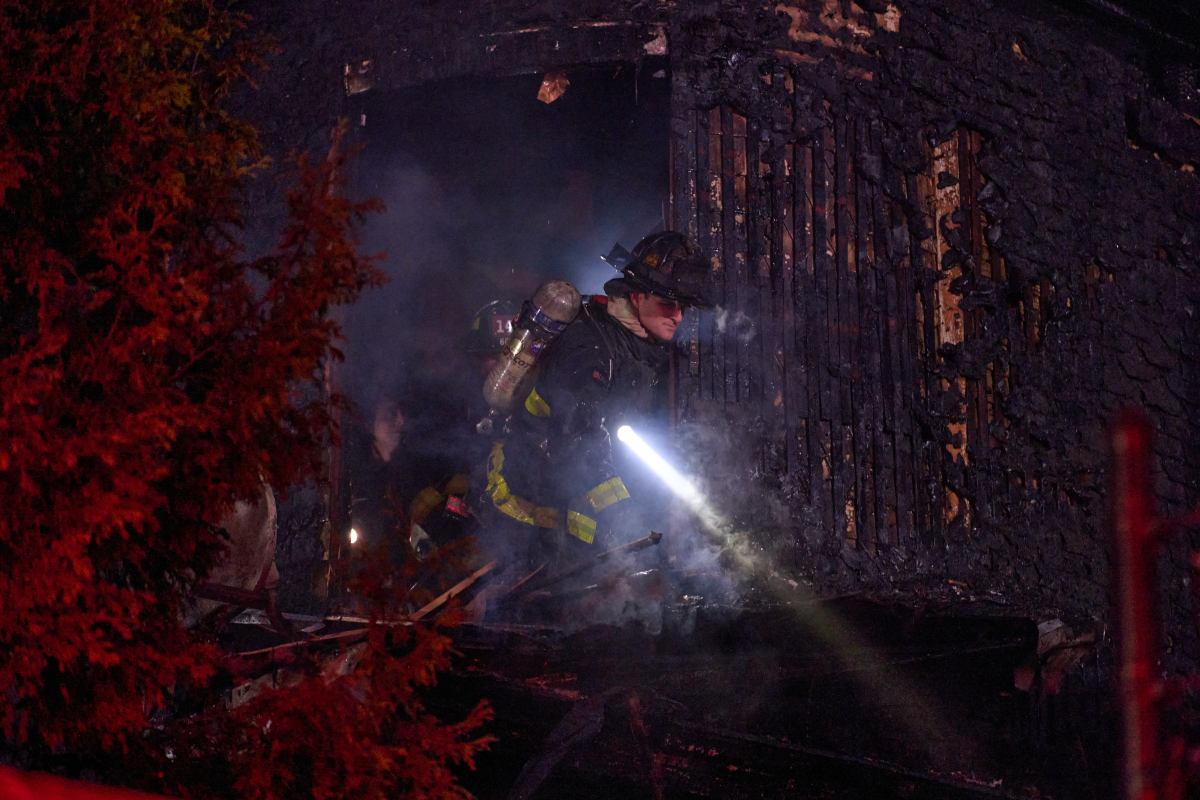BY Greg David, THE CITY. This article was originally published on by THE CITY
Before the pandemic struck New York 11 months ago, Janine Labriola’s Ditmas Park fitness business was thriving.
A studio she started five years ago for classes and personal training was solidly profitable, and the self-service gym she later opened nearby was building clientele.
Labriola shuttered the fitness studio for good over the summer and is able to keep the gym open only because her landlord agreed to a deal where she is paying only half the rent. Most of her customers at Park Fitness BK are either too afraid of COVID-19 to come to the Coney Island Avenue gym or have left the city for elsewhere.
Some days, she signs up a new member but often two cancel.
“I cut my losses and closed a thriving business,” she said. “I don’t even know how much debt I am in.”
As the shutdown that sent the city’s economy into a free fall nears the one-year mark, prospects for small businesses in New York City are worsening, new data shows. Businesses that are hanging on are doing so because their landlords have decided some rent is better than no tenant — and because a new round of federal Paycheck Protection Program loans offers hope of paying some bills until the economy rebounds.
“The only reason we have survived because our landlord has deferred and forgiven rent,” said Fonda Sara of Zuzu’s Petals, a 50-year florist shop in Park Slope. “As long as my landlord values my tenancy I will be fine.”
Meanwhile, the de Blasio administration says it has provided 108,000 services, running from help getting money to webinars for local small businesses. It too is betting on the latest PPP loans, which include funds set aside for very small businesses, to bolster many owners.
“The Biden administration is a breath of fresh air,” said Jonnel Doris, commissioner of the city’s department of Small Business Services
‘No One Came Back’
Despite a small uptick during the holiday shopping season, small business revenue is one again slipping toward the March lows, according to a recent report from City Comptroller Scott Stringer. Hit hardest are firms in Manhattan deserted by tourists, office workers and many residents.
Revenue there is down 65% compared with the same period a year ago, with declines of 40% in Queens, about 35% in the Bronx and Brooklyn and 22% in Staten Island.
The citywide average 50% decline is similar to Washington, and slightly better than Boston and San Francisco, both of which have the same ills as Manhattan.
But other cities are doing better, including Philadelphia, where the drop is only 29%.
“The data confirms the inescapable realities and experiences of New York City’s small business community on the frontlines of the pandemic,” said Randy Peers, president of the Brooklyn Chamber of Commerce. “Revenues are in free-fall and the significant and constantly evolving government COVID-19 restrictions are hurting businesses.”
The Department of Small Business Services says New York City has about 230,000 businesses with 125 employees or fewer employing about 1.3 million workers. Counting a small business as any with 20 employees or less puts the number at about 200,000.
Peers notes that 73% of small business employees in New York City are people of color, with more than half of all jobs in the sector held by immigrants, documented and otherwise — populations that have been hit hard on all levels by the pandemic.
Thompson Chemists once employed 17 people at their community drug store in SoHo. Now Jolie Alony and her husband, Gary, run the place with one part-time employee. They keep the door locked and let customers individually.
“All our regular customers are out of here,” Jolie Alony said. “They left in March for the Hamptons, Rhode Island or Florida.”
She said customers had told her they would return after the presidential election, but “no one came back.”
The couple opened the story in 1994 and the landlord is letting them pay what they can. “We are very vital to his community,” she said.
‘We are Pushing Hard’
Small business owners interviewed by THE CITY all said that rent deals were the key to their survival. Most are paying 50% or less.
When Labriola decided to close the fitness studio, she owed $14,000 in back rent. The landlord kept her security deposit but said he wouldn’t pursue her for the unpaid amount. She notes no one has taken the space she vacated.
Current New York COVID-19 safety restrictions rules would prohibit her from holding indoor group fitness classes, though gyms are allowed to operate at one-third capacity.
 Ben Fractenberg/THE CITY
Ben Fractenberg/THE CITYThe $7,200 monthly rent on the gym has been cut in half, although she still is responsible for utilities. “Who knows when they are going to ask me to pay it back,” she wondered.
These deals are done on an informal basis.
“I have a landlord who has paid off the mortgage,” said Linda Pagan, owner of the Hat Shop on Thompson Street in SoHo, who uses only New York-sourced supplies except for shipping boxes. “He basically told me not to worry about the rent, and I have been paying half the rent but I don’t have anything in writing.”
Business owners are also counting on the new round of forgivable PPP loans to keep their doors open.
Labriola expects to get $37,000 instead of the $16,000 she received in the first round because she now knows that the loan can cover her own salary.
Alony of Thompson Chemists expects another $100,000 loan, and Pagan of the Hat Shop is also seeking the same $15,000 that she received the first time.
“There was a long wait for the second round of federal stimulus,” noted Jessica Walker, president of the Manhattan Chamber of Commerce. “We are pushing hard to get PPP and other help to businesses right now.”
‘Completely Forgotten’
Many business owners are angry at their treatment by the city.
“The fitness industry has been completely forgotten,” said Labriola, who notes her gym has been inspected by the city health department five times, one that she scheduled and four surprise inspections.
She said other gym owners she knows haven’t been inspected even once.
Alony received a $28,500 fine from the Department of Consumer and Worker Protection for price gouging for thermometers and other goods in short supply in the early days of the pandemic. The prices represented only a modest markup from her cost, she said, and the inspector refused to look at her invoices.
A customer who is a lawyer has taken on her case pro bono and she is awaiting a verdict from a virtual hearing on the case.
 Ben Fractenberg/THE CITY
Ben Fractenberg/THE CITY
The department of Small Business Services notes it has connected 5,000 firms to $125 million in funding, answered 54,000 calls to its hotline for support and conducted more than 300 webinars attended by 30,000 businesses on how to pivot, find money and navigate regulatory issues.
It has launched a Fair Share campaign to make sure the smallest city businesses receive PPP loans in the latest round.
More broadly, says the Brooklyn Chamber’s Peers, government needs to loosen the restrictions on key businesses.
“We need to lift many of the state and city restrictions that have disproportionately impacted restaurant, hospitality, health and wellness, and entertainment businesses in Brooklyn,” he added.
“After a year of operating under siege, small businesses have demonstrated they can effectively and safely manage operations during the pandemic.”
Say It With Flowers
The city remains more cautious, even as restaurants reopen for partial indoor dining Friday.
“The concern is that we have a health crisis that bought on the economic crisis and we have to responsibly relate those concerns to the restrictions,” said SBS’s Doris. “The worst result businesses tell me would be that we open up and then have to shut down again.”
Meanwhile, Valentine’s Day has given Sara of Zulu’s Petals some hope.
The Fifth Avenue store was once destroyed in a fire and rebuilt in part with contributions from her customers. She renamed the florist’s in an ode to the “It’s a Wonderful Life” scene where Jimmy Stewart’s George Bailey stuffs petals from his daughter Zuzu’s flower into his pocket as a sign of life.
“We’ve been busy this week,” she reported. “People seem to want flowers.”
THE CITY is an independent, nonprofit news outlet dedicated to hard-hitting reporting that serves the people of New York.



